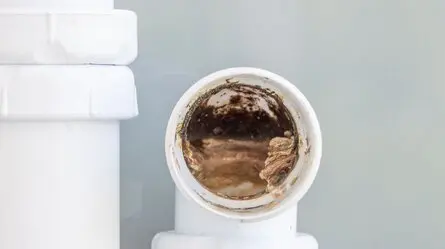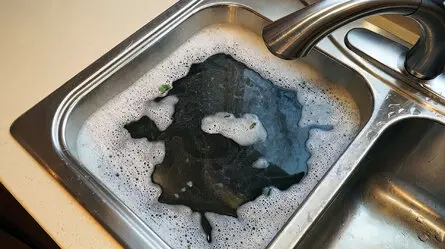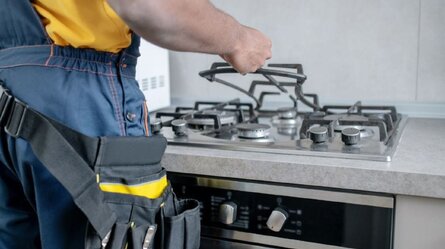A blocked sink—it starts as a minor annoyance: water draining slower than usual, a faint gurgling sound echoing from the pipes. Before you know it, it turns into a full-blown blockage, disrupting your daily routine. If you’re an Australian homeowner, you’ve likely faced this scenario, which can happen to anyone, anywhere. Sink blockages are one of the most common plumbing issues, yet they often sneak up on us until it’s too late.
This article aims to help you detect early signs of a sink blockage so that you can take action before it escalates. By recognising the warning signs, you can avoid costly repairs and the inconvenience of a backed-up kitchen or bathroom sink. With early detection and some preventative measures, you can keep your plumbing flowing smoothly, ensuring your home remains comfortable and functional.
Why Early Detection of Sink Blockages Matters
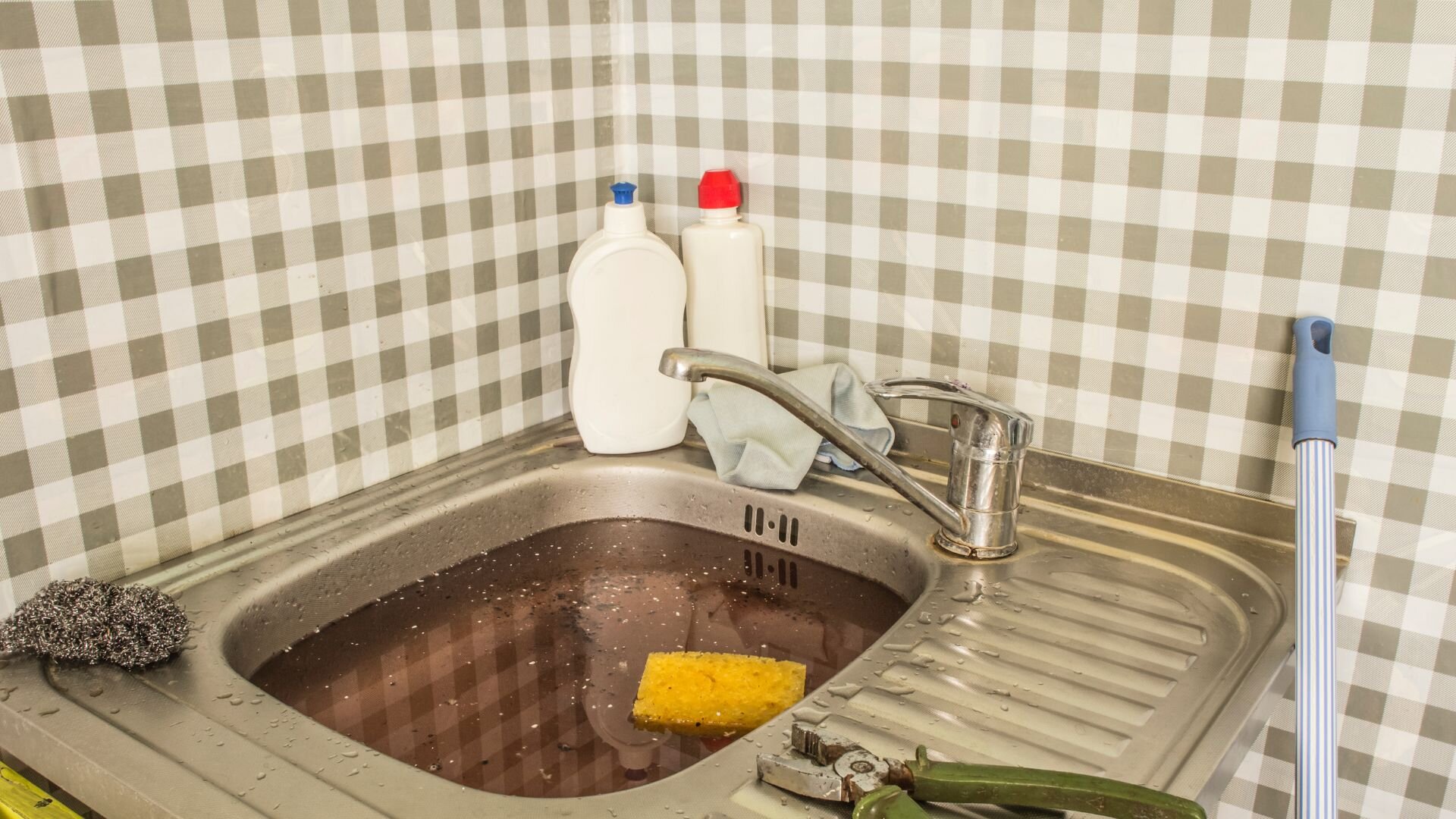
Preventing Major Plumbing Problems
Early detection of a blockage in your plumbing system is crucial to keep your drain pipes functional and extend their lifespan. Ignoring early warning signs such as a slow draining sink, gurgling noises, or standing water can lead to serious plumbing problems.
If left unchecked, a blocked drain pipe could result in damage to your plumbing lines, foul smells, and the need for an emergency plumber. Noticing telltale signs like a slow-draining kitchen sink or bathroom sink allows for simpler, more affordable fixes before you face costly emergency plumbing issues.
Avoiding Foul Smells and Unpleasant Odours
Blocked drains can release unpleasant smells or make odd noises as sewer gases escape through the clogs. Catching these issues early on makes them easier to fix and prevents bigger problems like a blocked sewer line. Getting professional plumbing help promptly keeps your system in top shape, ensuring everything flushes as it should.
Common Causes of Sink Blockages in Australian Homes
Kitchen Sink Blockages
Understanding the common causes of blocked drains can help you prevent them in the future. In Australian households, kitchen sink blockages are often caused by grease and food debris, especially from cooking styles that involve a lot of oil. Food scraps, oil, and other debris tend to accumulate in the drain pipes, leading to drain blockages.
Bathroom Sink and Shower Drain Issues
The bathroom sink and shower drain, on the other hand, can easily become clogged due to hair and soap residue.
Slow drainage in sinks and other fixtures can also be caused by tree roots infiltrating the sewer drain, blocking water flow. Using products like hair-thickening agents can also lead to blocked drains over time.
Preventing Common Blockages
While some blockages can be cleared with a drain snake or baking soda, recognising the first signs of a slow-draining sink or a clogged drain can make all the difference. Avoid pouring grease down the kitchen sink and ensure that food scraps are disposed of properly to keep your drains clear and prevent the unpleasant odours that often come with a blocked drain.
In cases where the blockage is severe or persistent, seeking professional assistance from a local plumber equipped with specialised equipment can save you from the hassle of dealing with plumbing issues alone. Regular maintenance and watching out for telltale signs can keep your drains and plumbing lines in good shape, reducing the likelihood of a clogged pipe or the need for an emergency plumber.
If you’re experiencing plumbing issues, don’t hesitate to reach out to a local plumber for professional help.
Early Warning Signs of a Blocked Sink
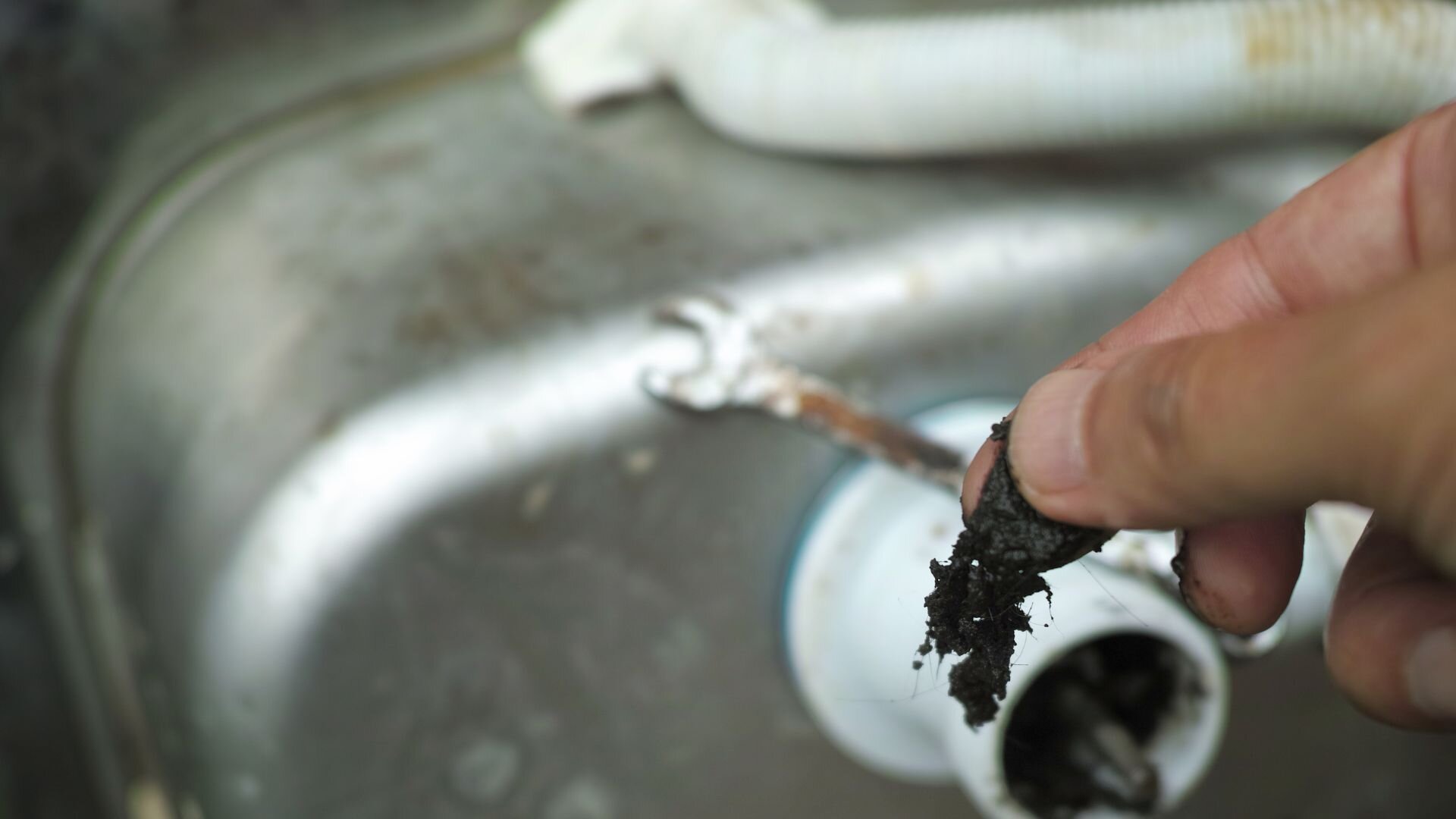
Slow Drainage
One of the most common signs of a blocked sink is slow drainage. If the water drains more slowly than usual, it could be a sign that debris is building up in the pipe, causing a developing blockage.
A slow-draining sink is often the first indication that a problem is forming in the drain pipes, and ignoring it can lead to a completely clogged drain. This slow drainage is one of the telltale signs that should not be overlooked.
Unpleasant Odours
Bad smells are another early warning sign of a blocked drain. When food debris or other materials get trapped in the pipes, they can start to decompose, leading to a foul smell coming from your kitchen sink or bathroom sink. These unpleasant odours can smell worse over time if the blockage isn’t addressed, as the trapped debris continues to rot. Foul smells from the drain are a clear indication that action is needed to prevent a clogged drain from worsening.
Gurgling Noises
Gurgling noises are a classic sign of a forming blockage. They happen when trapped air in the pipes struggles to escape due to partial clogs. Hearing these sounds while draining water or flushing the loo means your pipes might not be draining fully, pointing to a potential blockage. This trapped air trying to escape is a clear signal of issues developing in the pipes.
Water Backing Up
Water backing up into the sink is a clear indication that there is a significant blockage in the drain. If the water in your kitchen or bathroom sink begins to pool instead of draining properly, it’s likely that the drain pipe is clogged.
This can also happen with toilet water, which might indicate a blockage affecting multiple plumbing lines. Water backing up is a serious sign that the blocked drain needs urgent attention to restore proper water flow. If the water can’t drain fully, it may lead to standing water and potential damage to your plumbing system.
Frequent Need to Plunge
Frequently reaching for the plunger signals continuing trouble in your plumbing. A drain needing constant plunging means the blockage isn’t fully cleared, and it might be time to call in a professional to sort out the root cause and properly flush the pipes.
If you’re plunging often, the clog is persistent, and the drain isn’t clearing on its own. This repeated need indicates a more serious problem could be brewing in your pipes.
What to Do When You Notice These Signs
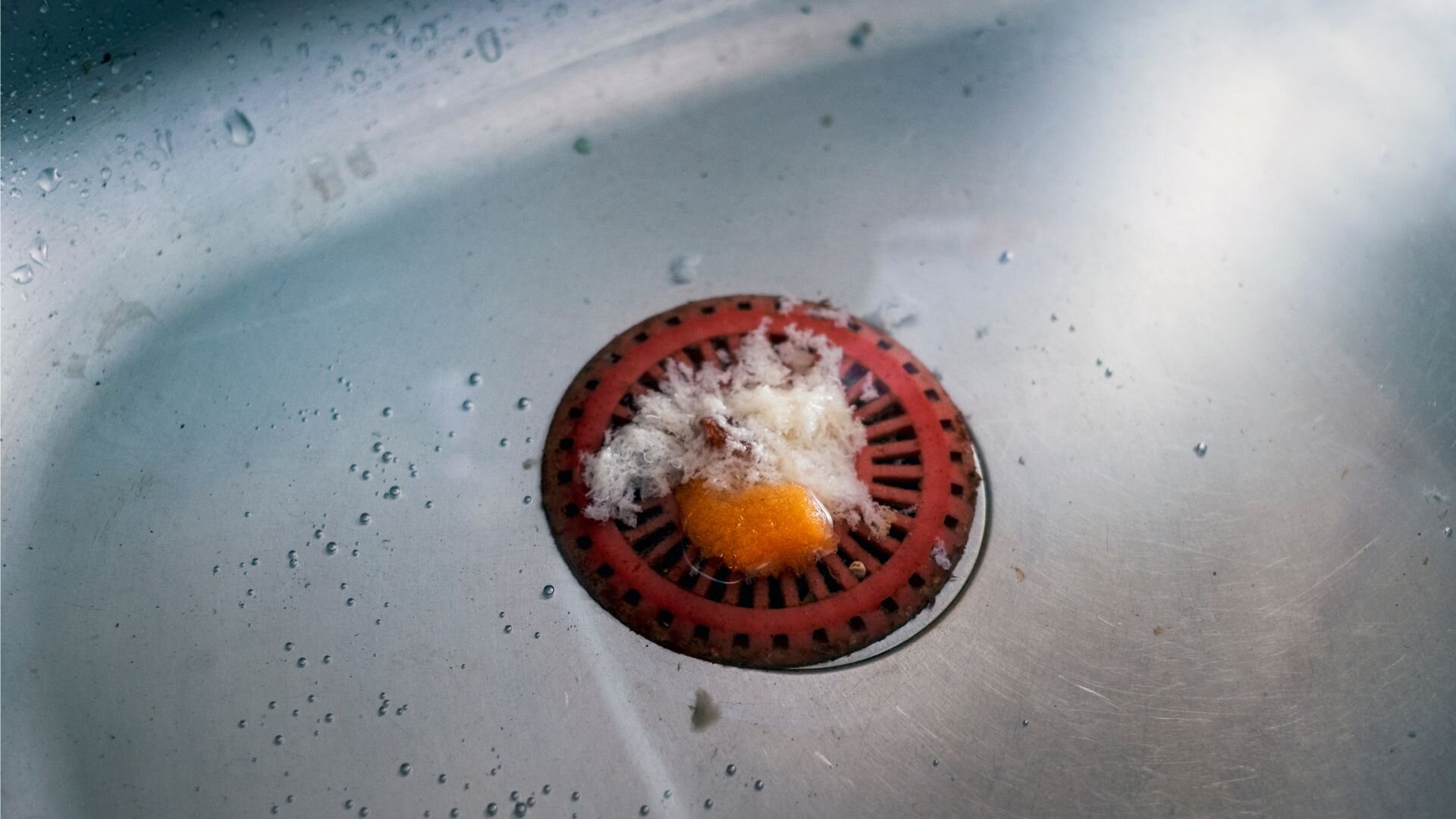
Notice early signs of a blocked sink? There are a few easy things you can try. Start by clearing any visible debris around the drain and use gentle cleaning methods like baking soda and vinegar.
Steer clear of harsh drain cleaners as they can harm your pipes. If the blockage is tough or the symptoms keep returning, it’s wise to call a professional for a safe and effective fix.
Clear Drains, Happy Homes – Trust Woolf Plumbing for Lasting Solutions
A blocked sink can disrupt your daily life, but Woolf Plumbing is here to help. Our expert plumbers have the skills and tools to handle even the toughest sink blockages, ensuring your home remains healthy and hassle-free.
Instead of struggling with DIY fixes or risking damage with harmful chemicals, trust our professionals for effective, long-lasting solutions. Reach out to Woolf Plumbing today for reliable blocked sink services and enjoy the peace of mind that comes with a clear drain and a happy home.


